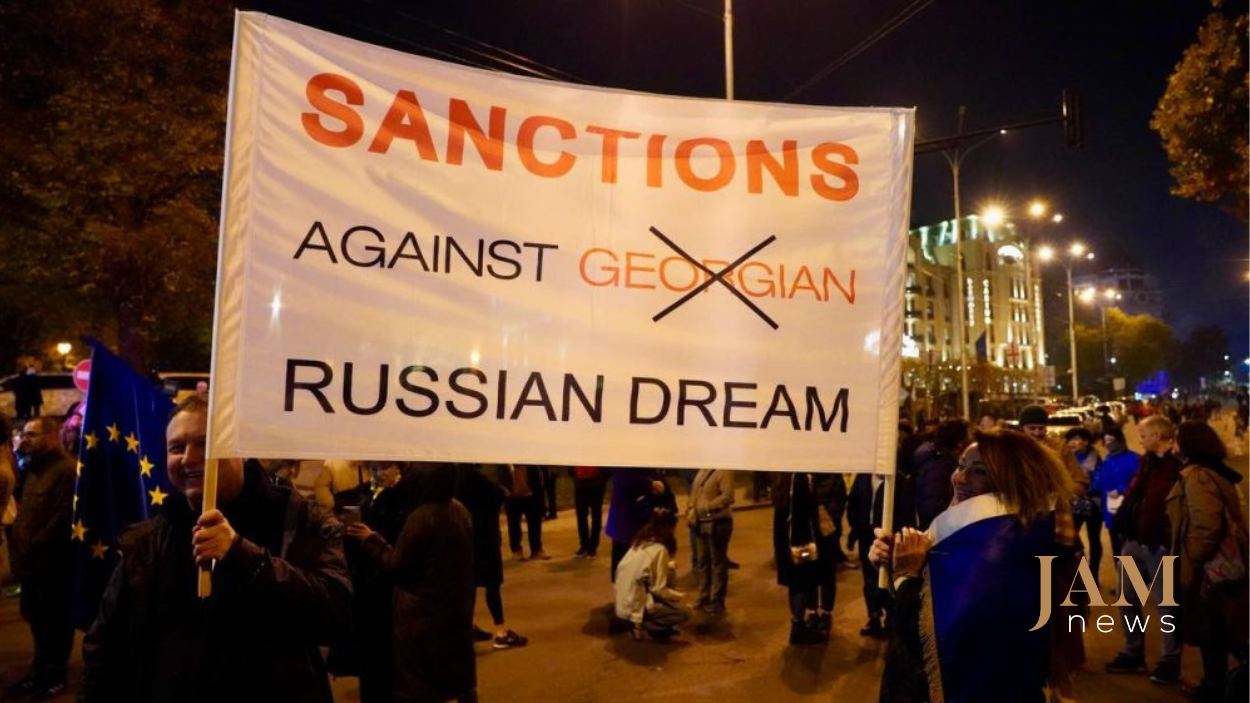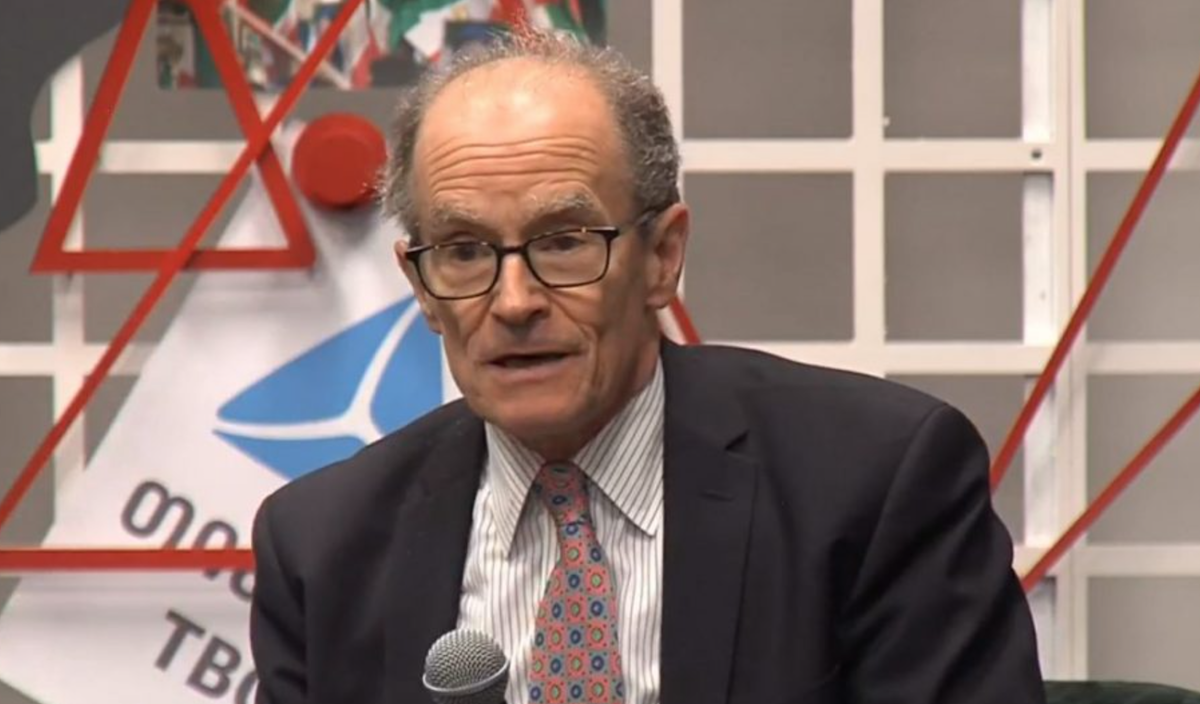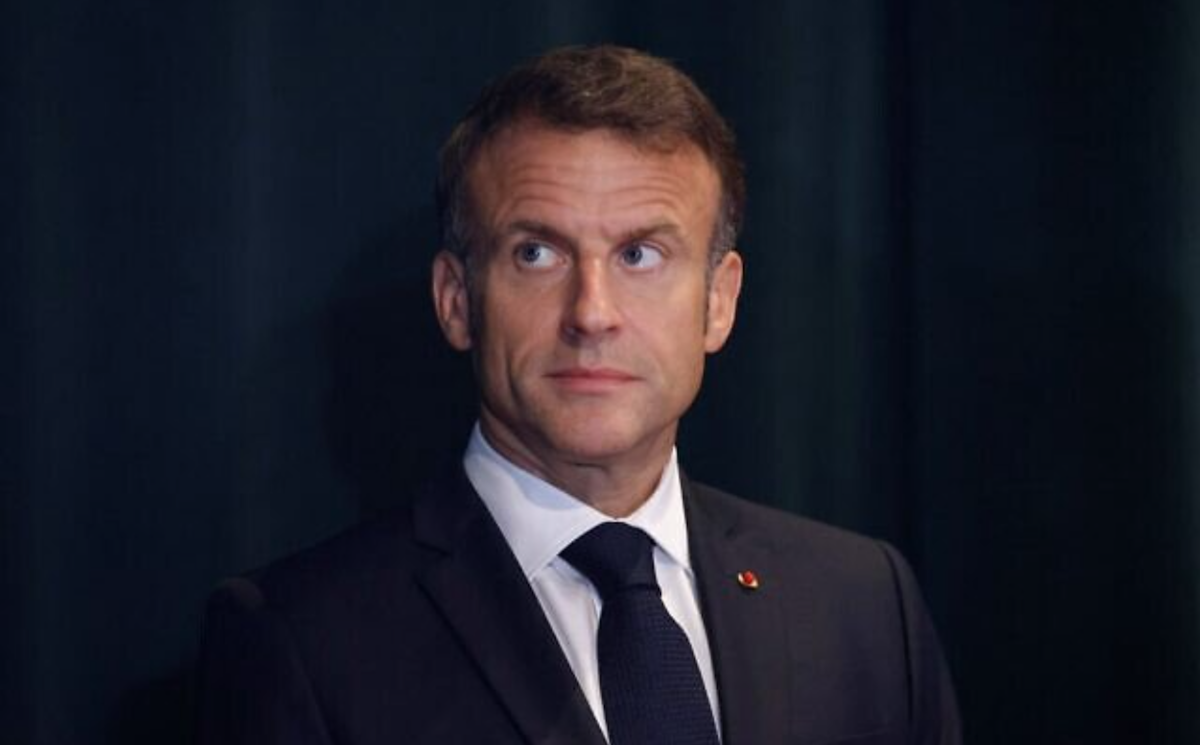Opinion: 'One can only wish Georgian PM Kobakhidze a safe flight to Moscow'
US politician on Georgian Prime Minister Kobakhidze
Bob Hamilton, a politician and director of the Eurasia Program at the Foreign Policy Research Institute, stated in an interview with Voice of America that the only thing worth wishing Prime Minister Irakli Kobakhidze is a safe flight to Moscow when his government falls.
The October 26 parliamentary elections triggered mass protests across Georgia. Four opposition groups — three coalitions and one party — that entered parliament unanimously claimed widespread electoral fraud, refused to recognize the new parliament’s legitimacy, and renounced their mandates.
Georgia’s President Salome Zurabishvili also condemned the elections, declaring them rigged and the new parliament and all its decisions illegitimate. She vowed to remain in office until new parliamentary elections are held, enabling a lawful transfer of power.
On November 28, Kobakhidze announced that Georgia would suspend EU accession talks until 2028, sparking another wave of continuous protests. Tens of thousands of people are demanding the protection of the constitution, which enshrines the country’s pro-European course, and the holding of new parliamentary elections.
According to Hamilton, any official engagement with the Georgian government is undesirable as it legitimizes the regime. He also suggested that Western military and other forms of aid to Georgia’s government should be discontinued.
What else did Hamilton say?
“Georgia will receive less attention from Western governments and will become less of a priority. Georgia’s importance to the West — Europe, the European Union, NATO, and America — was based on the idea that Georgia was building a civil society and democratic governance in a region where such things are very rare. This could have served as an example for neighboring countries.”
Hamilton also stressed the undesirability of official engagement with the Georgian government. “NATO Secretary General congratulated Prime Minister Kobakhidze on the New Year (it was later clarified that he extended holiday greetings to the leaders of all partner countries). In my view, this is absolutely unacceptable. The only thing we should wish Kobakhidze is a safe flight to Moscow when his government is dissolved and replaced by one that serves the will of the Georgian people. Any official engagement with the current government legitimizes it — a government that, I believe, most Western governments consider illegitimate.”
Commenting on the sanctions against the chairman of “Georgian Dream” and Georgia’s de facto leader Bidzina Ivanishvili, Bob Hamilton stated that the move came too late, suggesting that the sanctions should have been imposed six months or even a year earlier. According to Hamilton, the sanctions against Ivanishvili are yet another acknowledgment that he is the one running the country.
“Sanctions are a reward for the Georgian government’s authoritarian turn, which is not only anti-Western but also pro-Russian. It is significant that the U.S. government used legislation that allows sanctions to be imposed on individuals and organizations acting in Russia’s interests.”
Hamilton added, “This was a message from Washington to the Georgian government, signaling how the U.S. now views Georgia’s trajectory — not only as increasingly authoritarian but also as a departure from the European future that 80% of Georgians desire. <…> The announcement of sanctions and the mechanism through which they were implemented are meant to demonstrate that the U.S. considers Georgia not just authoritarian but also pro-Russian.”
Hamilton also called for the sanctions to be extended to Ivanishvili’s family and relatives.
Which sanctions are being discussed?
On December 27, the U.S. imposed financial sanctions on Bidzina Ivanishvili. His name was added to the U.S. Treasury’s Office of Foreign Assets Control (OFAC) list at 8:00 PM Tbilisi time. According to the list, the sanctions against Ivanishvili are part of a broader package targeting Russia. As a result, all of Ivanishvili’s assets in the U.S. will be frozen.
Sanctions are not limited to Ivanishvili alone.
Over 110 individuals face U.S. visa restrictions. This ban extends not only to those on the sanctions list but also to their family members, affecting several hundred people in total.
Hundreds of individuals (exact numbers unavailable) with diplomatic passports can no longer travel to EU countries without a visa.
Six individuals are listed under the Magnitsky Act, which imposes strict financial sanctions, including freezing all assets, shares, and financial resources. Four of these individuals hold high-ranking positions.
More than 40 individuals are sanctioned by the Baltic states, 19 by Ukraine, nine by Germany, and five by the UK.
Many officials are subject to multiple sanction packages. For instance, Interior Minister and Deputy Prime Minister Vakhtang Gomelauri has been included in sanctions lists by several countries and is also listed under the Magnitsky Act.
US politician on Georgian Prime Minister Kobakhidze





















